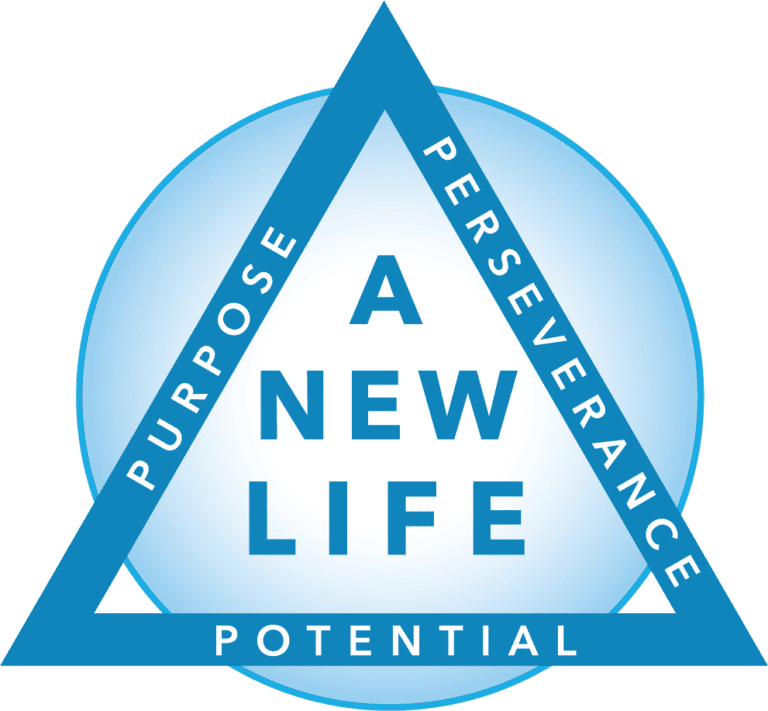
1. Understanding Mindfulness in Sober Living
Mindfulness becomes a beacon of light on the way toward sober living, offering those in recovery an alternative route for sustained sobriety. In this section, we will look at what mindfulness is and how it affects those who are struggling with addiction.
Defining Mindfulness: In its heart, mindfulness encompasses a condition of being aware of present-moment experiences that people have, mental activities, and bodily sensations without judgments or attachments. It consists of grounding oneself in reality at this moment as straightforwardly and acceptingly as possible.
Mindfulness in Addiction Recovery: Mindfulness serves as a powerful tool in self-awareness and emotional regulation in addiction recovery. By developing their ability to recognize cravings, triggers, and destructive behavior patterns more sensitively through practicing mindfulness, individuals can become aware. This increased awareness gives them resilience and increases their clarity so that they can live better lives by staying away from alcohol or drugs.
2. Cultivating Self-Awareness Through Mindfulness Practices
Self-awareness is crucial to becoming clean and sober; it makes perfect sense if one’s practice is grounded in the realization that change must emanate from within. The following demonstrates how mindfulness cultivates self-awareness:
Mindfulness Meditation: Mindfulness meditation is a potent tool for developing self-observation skills that raise awareness of thinking processes, emotions, and body sensations.
Body Scan Exercises: How body scan exercises help people tune into physical sensations and feelings, allowing them to identify early signs indicating relapse.
3. Navigating Triggers with Mindfulness Techniques
Sobriety maintenance involves avoidance of triggers while using techniques such as mindful practices to help an individual navigate these challenges effectively. Here’s how mindfulness can be effective when individuals encounter sudden events:
Recognizing Triggers: By being mindful, individuals can become aware of their environment and their thoughts about it and understand this as a trigger. One can realize how to identify triggers in bright colors by merely watching them float away without judgment.
Mindful Coping Strategies: Mindfulness allows people to respond skilfully rather than react when triggered. For example, urge surfing entails observing cravings without acting on them so that people get through discomfort with mindfulness. Equally important, being consciously aware of one’s breath ties individuals closer to the present moment, thus giving space for non-reactive responses.

4. Fostering Resilience Through Mindfulness Practices
To stay clean or sober, people need resilience, and one way they could develop this is through mindfulness practices, which encourage inner strength and flexibility. Here’s how mindfulness helps those in recovery build resilience:
Building Emotional Resilience: How mindfulness interventions enhance acceptance, compassion, and self-compassion, thereby building resilience.
Cultivating Gratitude: How gratitude practices can shift perspective and promote an optimistic outlook despite hardships.
5. Making Conscious Choices for Sober Living
Making choices that align with the values as well as sobriety goals during the journey toward sober living, mindfulness plays a vital role for individuals who have overcome addiction. The following shows how mindfulness aids individual decision-making:
Mindful Decision-Making: This section highlights the clarity and discernment of meditation, leading to conscious decisions commensurate with sobriety values.
Relapse Prevention: The influence mindfulness has on relapse prevention because individuals stop for a while to reflect and then choose better actions in response to their cravings
6. Incorporating Mindfulness Into Daily Life for Long-Term Sobriety
Making a Habit of Mindfulness: Give specific ideas on bringing mindfulness into everyday life, including dedicating some time each day to formal meditation practice and having brief moments of mindfulness during daily activities.
Taking Care Of Yourself With Consciousness: Advocating that self-care, such as enough sleep, a balanced diet, and regular exercise, is crucial in developing one’s well-being and sobriety.
Conclusion: Embracing Mindfulness For Lasting Sobriety
To sum it up, sober living teaches us that through heightened self-awareness, understanding addiction triggers, and building resilience, we can overcome this struggle. By cultivating mindfulness in the present moment and making conscious decisions that reflect personal goals for sobriety, individuals equip themselves with tools to lead complete lives devoid of any substance dependence. It’s a reason why mindfulness is said to be a journey towards lifelong abstinence if one remains committed.

Choose A New Life Sober Living For Sobriety
Would you like to use mindfulness in your recovery from drug addiction? Inquire about our comprehensive programs at A New Life Sober Living today. Our supportive community and comprehensive programs provide an opportunity to cultivate mindfulness to help you succeed in long-lasting sobriety. Start your new, healthier life by contacting us now.






